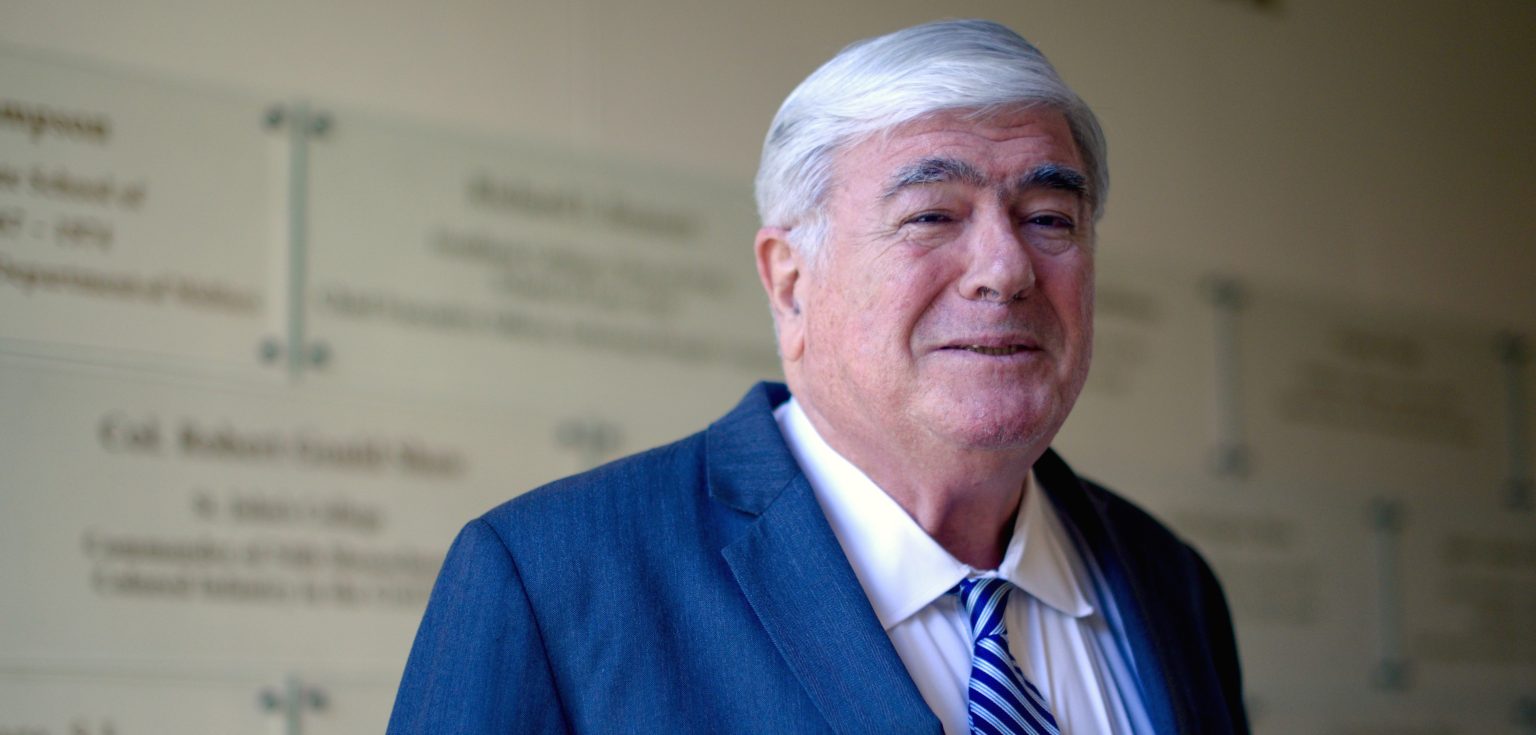On Jan. 17, Dunne began his role as a non-federal negotiator in the U.S. Department of Education’s Subcommittee on Faith-Based Institutions.
He was nominated for the position by the Association of Jesuit Colleges and Universities, a consortium of 28 Jesuit independent institutions, including Fordham, that are based in the Catholic and Jesuit tradition.
Dunne will essentially be negotiating between two parties—faith-based institutions and separation of church and state advocates. The former group wants to remove language that prevents these institutions from gaining program benefits; the latter objects to federal dollars going toward faith-based institutions. And while Fordham is not technically a faith-based institution, it could still be impacted by the results of these negotiations.
“The Department of Education could propose language that not only affects faith-based institutions but also schools like Fordham who, while independent, are based in a religious tradition,” Dunne explained. “If any restrictions were to be made to faith-based institutions, the language may be broad enough in scope to also include those schools within AJCU.”
At Fordham, for example, where only half of the undergraduate student body identifies as Catholic, students collectively received more than $14 million from the federal Pell Grant Program, Work Study Program, Supplemental Educational Opportunity Grant Program, and Perkins Loan Program from 2016 to 2017. That money changed the lives of its recipients—4,099 Fordham students, to be exact. And Dunne doesn’t want to see that opportunity taken away.
Two events spurred the creation of the subcommittee, Dunne said. In the 2017 Trinity Lutheran Church v. Comer case, the U.S. Supreme Court ruled that religious institutions could not be excluded from participating in publicly-funded programs.
“That case says you can’t discriminate because of someone’s religious beliefs or status, in violation of the free exercise clause of the First Amendment of the U.S. Constitution,” Dunne clarified.
A few months after the court ruling, the Office of the Attorney General also issued a memorandum that supported that idea. It suggested that current regulations, as they’re written now, could prevent otherwise eligible students and faith-based organizations from receiving Title IV and HEA (Higher Education Act of 1965) program benefits because of their religion. The DOE thus decided to revise its current regulations.
Dunne’s job is to figure out what language should be kept or omitted; a single word or sentence, he said, may be used to deny religious institutions federal benefits.
He said he will support any position that aligns with Fordham and the AJCU schools’ interests. But either way, it will be challenging to secure a consensus between the two parties, he said.
“They parse words. They argue over the meaning of words. They get into syntax,” he explained, adding that simple words like “any” can make a big difference.
Dunne will negotiate with the two groups until mid-March. At that point, he and the rest of the subcommittee will propose regulation changes to the full committee, and the committee itself will vote on the final regulations.
Dunne has more than two decades of experience in both the public and private sector on legislative and policy issues. He has served as vice president of public policy and external affairs for Verizon-New York, an administrative law judge for the New York State Department of Social Services, and vice chairman of the Workers’ Compensation Board. He has also served on the boards of multiple organizations across New York City.

